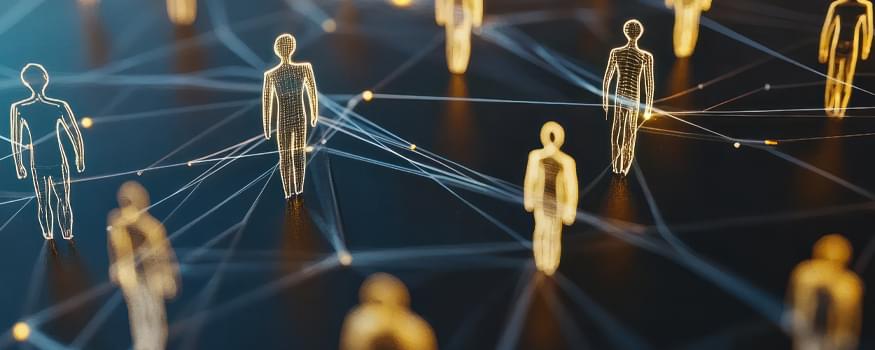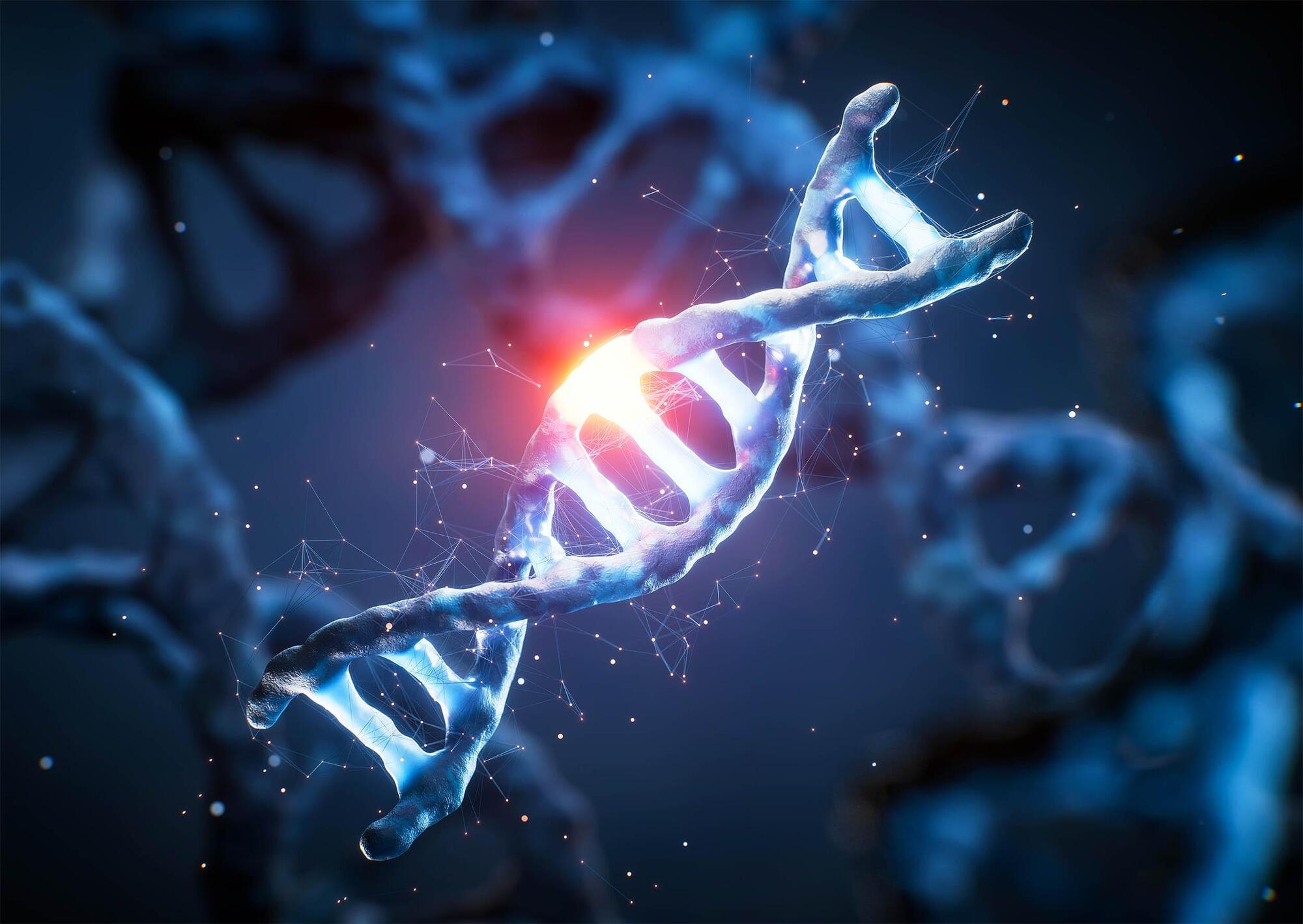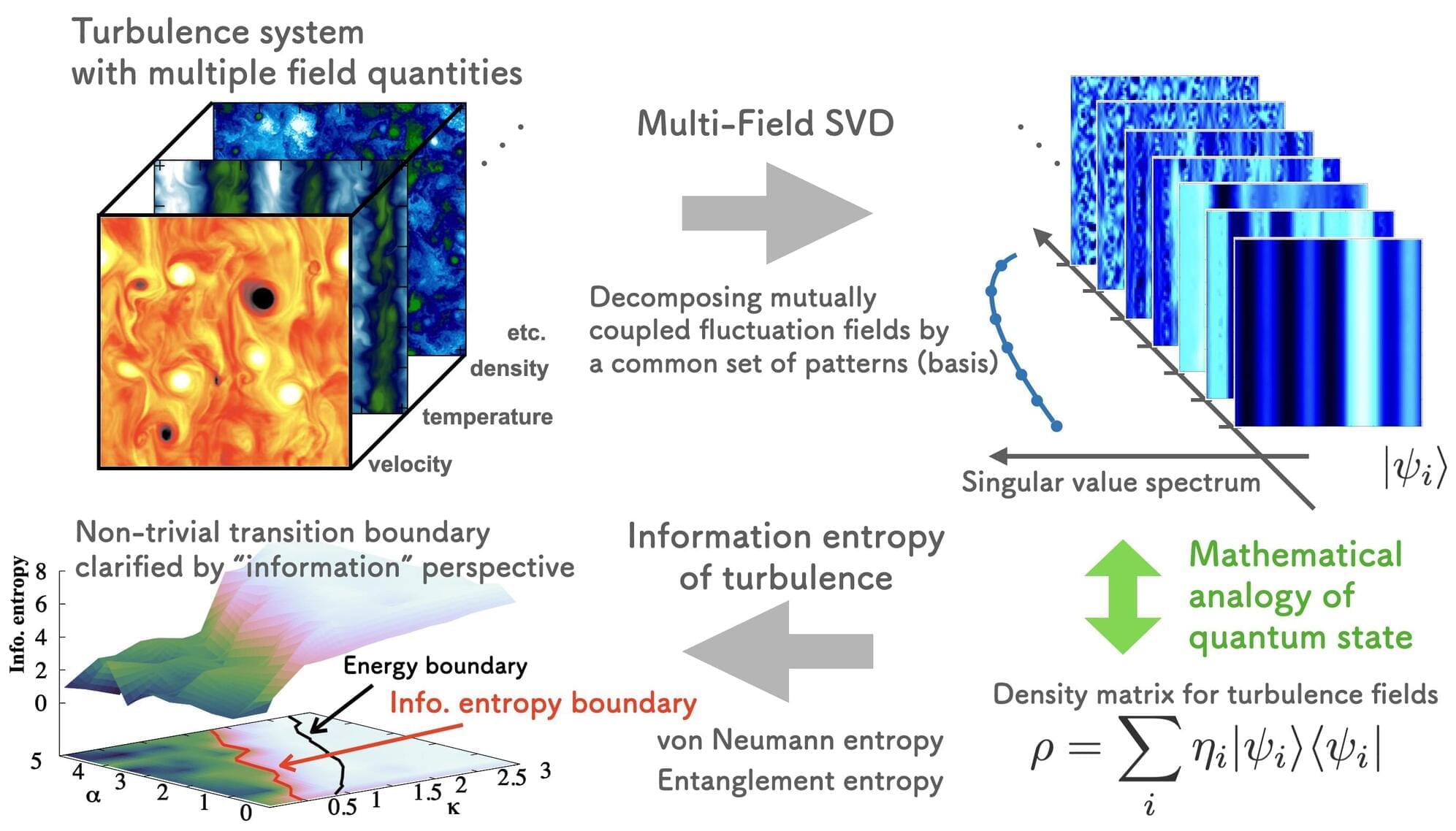What if the most powerful organ in your body isn’t your brain, but your heart? In this deeply revealing compilation from Gaia’s MISSING LINK Series 👉 https://www.gaia.com/lp/mindful-maste…, Gregg Braden uncovers a forgotten truth buried in both science and ancient wisdom—that your heart holds 40,000 brain-like cells capable of memory, emotion, and thought.
Learn how you can unlock total recall, deep intuition, and spontaneous healing through harmonizing two forgotten systems: your heart and your brain.
00:00 – The Nightmare That Solved a Murder.
03:15 – Human Chromosome 2: Engineered Evolution?
07:30 – The Brain in the Heart: 40,000 Neurites.
11:00 – Transferred Memories in Organ Transplants.
16:20 – Little Girl’s Memory Solves a Crime.
21:15 – Heart Intelligence vs Brain Intelligence.
25:00 – Ancient Cultures & Heart-Based Education.
28:40 – Unlocking Superhuman Abilities.
32:20 – Total Recall & Intuition on Demand.
36:10 – Reprogramming the Subconscious.
39:00 – Heart-Brain Harmony Triggers 1,300 Biochemical Reactions.
Cherck Out Gregg’s latest book Pure Human: The Hidden Truth of Our Divinity, Power, and Destiny here 👉 https://hayhs.com/ph_pp_hc_az.
👍 LIKE if you enjoyed this video!
🔄 SHARE with your friends and spread the knowledge!
🔔 SUBSCRIBE for more amazing content!
👉 Hit the BELL Icon on our HOME Page to stay updated with our latest releases!
Stay Connected.
Official website: https://greggbraden.com/about-gregg-braden/
Facebook: https://www.facebook.com/GreggBraden.
Twitter: https://twitter.com/GreggBraden.
Instagram: https://www.instagram.com/Gregg.Braden/
This channel is managed by:
Zohar Entertainment Group International Inc, USA
YouTube Certified Enterprise Partner — FAM Networks, USA
Facebook: / greggbraden.
Twitter: / greggbraden.
Instagram: / gregg.braden







